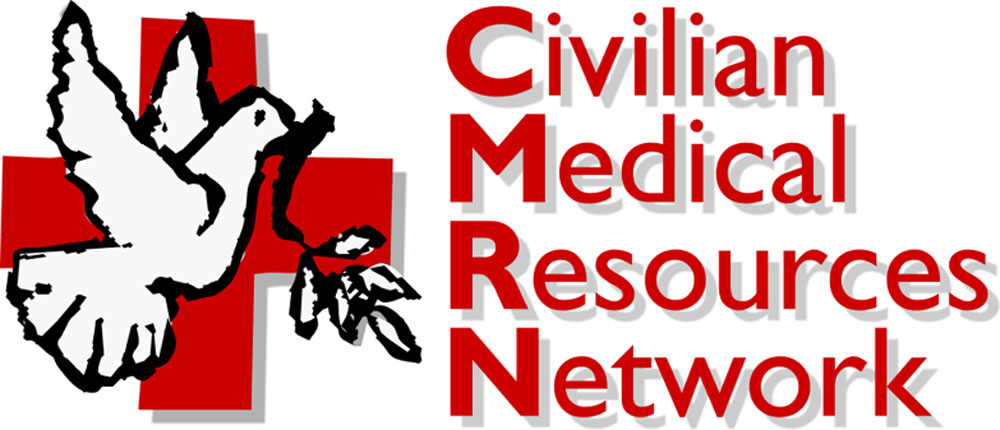 |
Help Active Duty GIs with Medical and Mental HealthBy Stanley CampbellI invite you to look at the Civilian Medical Resources Network as a possible program that we can support. The CMRN provides medical and mental health information to active duty military personnel through the GI Rights Hotline (877-447-4487) combining the legal support network of volunteers that the GI Rights Network get via second opinion of civilian doctors and counselors who understand medical and mental health needs, especially for PTSD survivors.
Most clients who use Network services manifest psychological rather than physical disorders. Qualitative themes in professional-client encounters have focused on ethical conflicts, the impact of violence without meaning (especially violence against civilians), and perceived problems in military health and mental health policies. Unmet needs of active duty military personnel deserve more concerted attention from medical professionals and policy makers. Here are two examples of clients served. A GI fell in basic training and injured his right leg and ankle. Then he was thrown on his right side during armed combat practice. With back pain radiating to the right lower extremity and numbness of the right foot, he needed to use crutches. At sick call, he was given ibuprofen and Tramadol. He felt hassled when he tried to use sick call. He had seen military doctors only but felt uncomfortable with his evaluation and treatment, so he sought civilian medical assessment. During his tour in Iraq, a GI witnessed the violent deaths of several close friends as well as Iraqi civilians. One of his assignments involved removal of blood and body parts from military vehicles. After he returned to the United States, he suffered from depression, post-traumatic stress disorder, and generalized anxiety. He entered a psychiatric hospital temporarily after one of four suicide attempts. When he learned that his unit was to be redeployed to Iraq, he went AWOL. When he contacted the GI Rights Hotline, he was living with his wife and infant son in a rural area and was working in odd jobs. He learned that military police and the local sheriff's department were trying to find him. During a phone interview, the GI expressed suicidal ideation, as well as an intent to kill specific officers if he were returned to his original unit. The Network has grown from three participating professionals to over 85 currently, located in all areas of the country. Due to GIs' limited financial resources and insurance coverage for civilian services, Network professionals generally provide care free or at greatly reduced cost. For general information on services, call 815-904-6520 or email info@civilianmedicalresources.net. For active duty military personnel or veterans in need of services, please call the GI Rights Hotline at 877-447-4487 and ask for a referral to the Civilian Medical Resources Network. If you are a health provider or counselor who would like to join the team, please call 815-904-6520 or email info@civilianmedicalresources.net. For media inquiries, please call 815-904-6520 or email info@civilianmedicalresources.net. For more info: http://civilianmedicalresources.net/you-can-help/ There's a donate button at the bottom of their web pages. Stanley Campbell is a Vietnam Veteran from Rockford IL. He served Oct. 1970 to Oct. 1971 with 67th Medical Group, Team C, in DaNang, and misses his buddy BJ.
|


